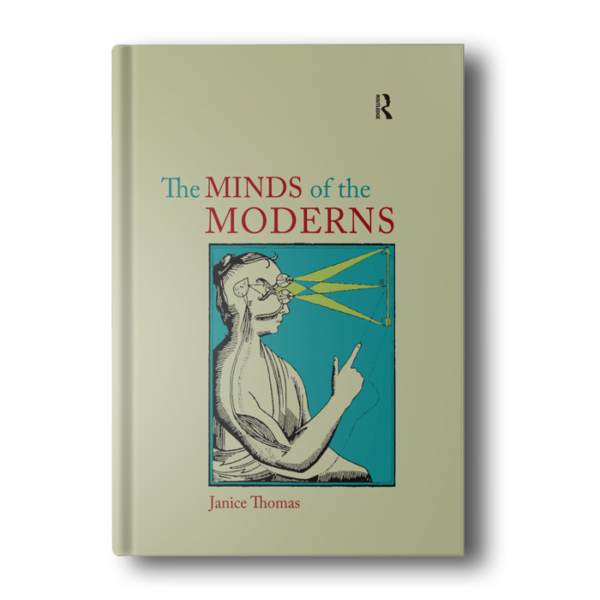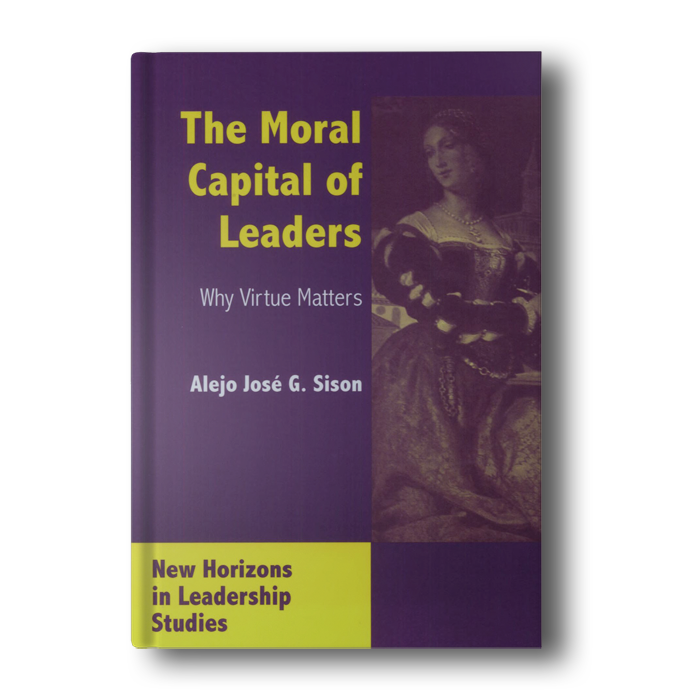Solidly grounded on Aristotelian anthropology, moral capital develops a set of principles, practices and metrics useful to business leaders and managers, while eliminating the ambiguity of social capital and allowing for the integration of business ethics initiatives into a robust corporate culture.
Sison studies a wide range of recent management cases from the viewpoint of moral capital: the sorry state of US airport screeners before 9-11, the Ford Explorer rollovers and Firestone tire failures, the battle for the ‘HP way’ between Carly Fiorina and the heirs of the founding families, the dynamics of Microsoft’s serial monopolistic behavior, the pitfalls of Enron’s senior executives, the sincerity of Howard Lutnick’s commitment to Cantor Fitzgerald families, how Andersen’s loss of reputation proved mortal and a fresh look at Jack Welch’s purported achievements during his tenure at GE.
He explains the relationship between different structural and operational levels in the human being (actions, habits, character and lifestyle) and in the firm (products, protocols, corporate culture and corporate history). These levels are later associated with different institutions of moral capital (basic currency, interests, investment bonds, estates or legacies).
Strategies for measuring, developing and managing moral capital on both a personal and an organizational plane are also discussed.This engaging and provocative study is a must-read for professors, students, and practitioners of business ethics, general management, human resource management and economic theory.


![The New Banking Economics [Hardcover] Pastr?, Oliver; Jeffers, Esther; Blommestein, Hans and de Pontbriand, Gael](https://booksandbook.com/wp-content/uploads/2023/03/The-New-Banking-Economics-2.png)












Reviews
There are no reviews yet.